New Zealand’s Annual Seaweek Sparks Change for Marine Life and Oceans
New Zealand is geared up to take on their annual Seaweek festivities March 2-10. The New Zealand Association for Environmental Education coordinator of the week long event, is a non-profit organization that's mission is to support and strengthen the relationship between marine life and humans. The organization has numerous activities involving volunteers and other organizations and involves people of all ages. The theme for this year's Seaweek is “Ko au te moana, ko te moana ko au” which in the Mãori language translates to “I am the sea, the sea is me,” pushing their motto even more about the intermingling of human and marine life.
Volunteers have the option to do activities like clean beaches, kayak, snorkel and enact themselves in sustainability pledges. On the Seaweek website there is a stacked calendar with multiple activities taking place each day and are scattered throughout the island to ensure a wider engagement.
Seaweek is even celebrated in New Zealand schools with field trips, informative talks and presentations to educate students about ecosystems that are so close in proximity to the New Zealand children.
The week-long celebration started by Marine Education Society of Australasia and was brought to New Zealand in 1992. Now, with the current threats of climate change, pollution, rising sea levels and other human induced phenomena, Seaweek seems more necessary than ever and is attempting to get people to consider the long-term effects of their actions, as well as, prevent it in the future.
In past years, the project has made substantial changes for the cause with beach sweeps, the biggest ocean cleanup drive and in 2020 cleaned up 103 tons of garbage including mostly plastics and fishing nets.
While this event may be a prominent occasion in New Zealand, there are so many ways to get involved in our oceans in order to spark a change. Seaweek posted a number of useful webinars that anyone can join from anywhere in the world in order to get more information about marine life and marine conservation in order for people to gain perspective.
Every year, billions of pounds of trash enter the ocean due to humans. The debris making up the garbage patches, which are spots in the ocean where garbage collects, can be found from the surface of the water all the way to the ocean floor.
Not only are we harming marine life through pollution, but as global warming continues to escalate, the ocean temperature grows warmer and sea levels rise, which overall has negative impacts on marine species.
The Nature Foundation has started its own Green Wave Initiative in order to help with the current situation of our oceans. Every $1.50 donated is equal to a pound of trash cleaned from our oceans and it is a great way to spark a change.

